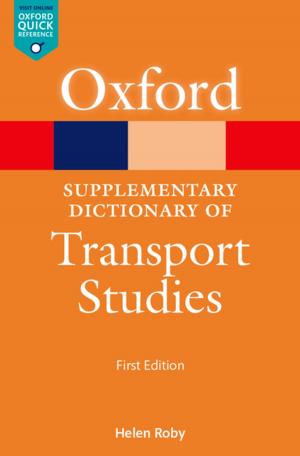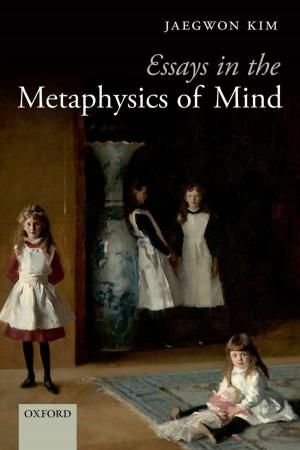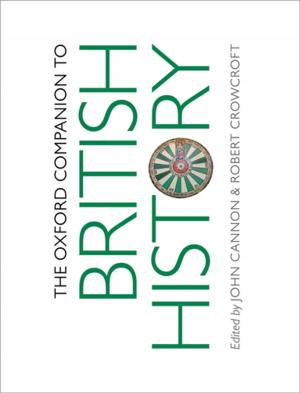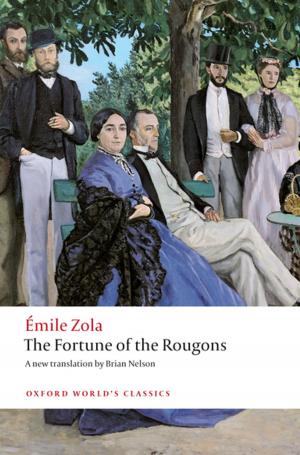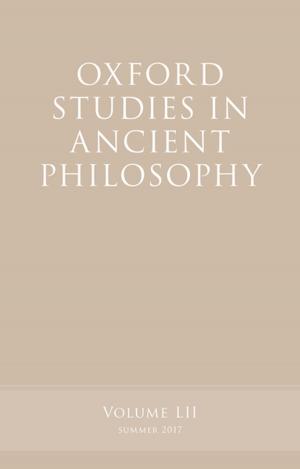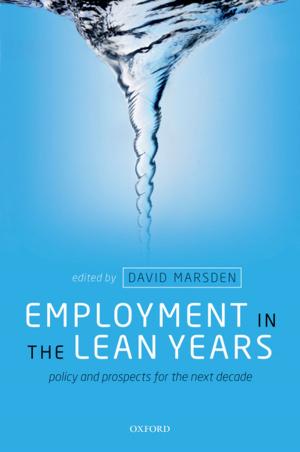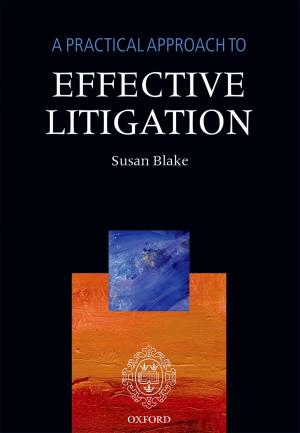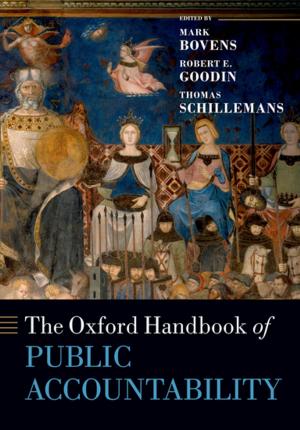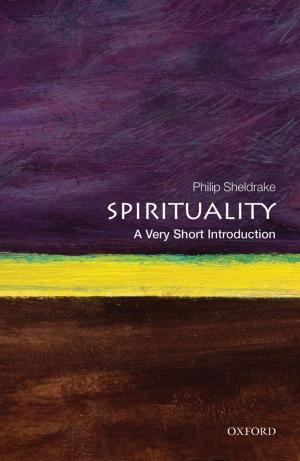The Oxford Handbook of Literature and the English Revolution
Fiction & Literature, Literary Theory & Criticism, British, Nonfiction, History| Author: | ISBN: | 9780191669422 | |
| Publisher: | OUP Oxford | Publication: | November 29, 2012 |
| Imprint: | OUP Oxford | Language: | English |
| Author: | |
| ISBN: | 9780191669422 |
| Publisher: | OUP Oxford |
| Publication: | November 29, 2012 |
| Imprint: | OUP Oxford |
| Language: | English |
This Handbook offers a comprehensive introduction and thirty-seven new essays by an international team of literary critics and historians on the writings generated by the tumultuous events of mid-seventeenth-century England. Unprecedented events-civil war, regicide, the abolition of monarchy, proscription of episcopacy, constitutional experiment, and finally the return of monarchy-led to an unprecedented outpouring of texts, including new and transformed literary genres and techniques. The Handbook provides up-to-date scholarship on current issues as well as historical information, textual analysis, and bibliographical tools to help readers understand and appreciate the bold and indeed revolutionary character of writing in mid-seventeenth-century England. The volume is innovative in its attention to the literary and aesthetic aspects of a wide range of political and religious writing, as well as in its demonstration of how literary texts register the political pressures of their time. Opening with essential contextual chapters on religion, politics, society, and culture, the largely chronological subsequent chapters analyse particular voices, texts, and genres as they respond to revolutionary events. Attention is given to aesthetic qualities, as well as to bold political and religious ideas, in such writers as James Harrington, Marchamont Nedham, Thomas Hobbes, Gerrard Winstanley, John Lilburne, and Abiezer Coppe. At the same time, the revolutionary political context sheds new light on such well-known literary writers as John Milton, Andrew Marvell, Robert Herrick, Henry Vaughan, William Davenant, John Dryden, Lucy Hutchinson, Margaret Cavendish, and John Bunyan. Overall, the volume provides an indispensable guide to the innovative and exciting texts of the English Revolution and reevaluates its long-term cultural impact.
This Handbook offers a comprehensive introduction and thirty-seven new essays by an international team of literary critics and historians on the writings generated by the tumultuous events of mid-seventeenth-century England. Unprecedented events-civil war, regicide, the abolition of monarchy, proscription of episcopacy, constitutional experiment, and finally the return of monarchy-led to an unprecedented outpouring of texts, including new and transformed literary genres and techniques. The Handbook provides up-to-date scholarship on current issues as well as historical information, textual analysis, and bibliographical tools to help readers understand and appreciate the bold and indeed revolutionary character of writing in mid-seventeenth-century England. The volume is innovative in its attention to the literary and aesthetic aspects of a wide range of political and religious writing, as well as in its demonstration of how literary texts register the political pressures of their time. Opening with essential contextual chapters on religion, politics, society, and culture, the largely chronological subsequent chapters analyse particular voices, texts, and genres as they respond to revolutionary events. Attention is given to aesthetic qualities, as well as to bold political and religious ideas, in such writers as James Harrington, Marchamont Nedham, Thomas Hobbes, Gerrard Winstanley, John Lilburne, and Abiezer Coppe. At the same time, the revolutionary political context sheds new light on such well-known literary writers as John Milton, Andrew Marvell, Robert Herrick, Henry Vaughan, William Davenant, John Dryden, Lucy Hutchinson, Margaret Cavendish, and John Bunyan. Overall, the volume provides an indispensable guide to the innovative and exciting texts of the English Revolution and reevaluates its long-term cultural impact.

